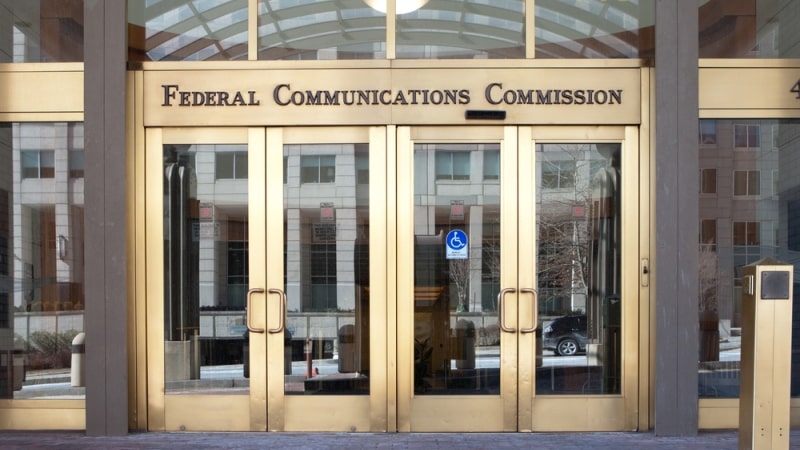
A group of House Democrats urged the Federal Communications Commission (FCC) in a letter on July 9 to reject a proposal that would place a spending cap on the Universal Service Fund (USF).
The letter – signed by Reps. Cindy Axne, D-Iowa, Ro Khanna, D-Calif., Ilhan Omar, D-Minn., Mark Pocan, D-Calif., Sanford Bishop, D-Ga., G.K. Butterfield, D-N.C., T.J. Cox, D-Calif., Cheri Bustos, D-Ill., James Clyburn, D-S.C., Angie Craig, D-Minn., Ron Kind, D-Wis., Jim McGovern, D-Mass., Ann Kirkpatrick, D-Ariz., and Peter Welch, D-Vt. – objects to a proposed FCC rule titled “Universal Service Contribution Methodology.”
The rule would place a cap on USF funds, which are used to finance broadbands in schools, internet access in hard-to-serve and underserved areas, healthcare telecom services for rural areas, and voice and broadband subsidies for low-income people.
Instead of supporting the cap proposal, the letter urged the FCC to align its rules with House Amendment 483, which is part of the FY2020 Financial Services and General Government Appropriations Act approved by the House on June 25. The amendment would prohibit the FCC from implementing a USF cap.
“Imposing an overall cap on the USF would unnecessarily cut funding to USF programs,” the letter reads. “As you acknowledge in your Notice of Proposed Rulemaking, [USF] programs currently operate with caps or targeted budgets. Furthermore, USF funds are collected based on demand, meaning that when demand declines, a program may come in under its cap or budget. Imposing a cap would restrict access to these funds when demand increases, undermining the purpose of the USF.”
Legislators explained that a cap would have a “detrimental” impact on the “goal of universal service” because it would force USF programs to compete with each other for funding. In the proposed rule, the FCC says it is trying to “promote a robust debate on the relative effectiveness of the [USF] programs.” The congressional Democrats argued that “each USF program addresses an important, but different, principle of universal service … Their ‘relative effectiveness’ cannot be easily compared because each program services its own purpose and group of consumers.”
